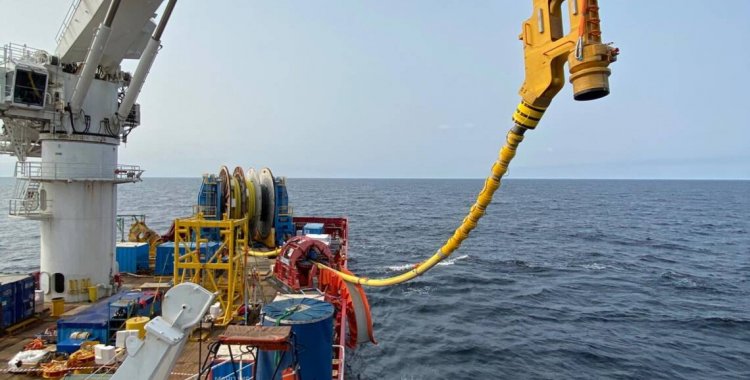The figures published, based on data from secondary sources, show an increase in production, after a fall of 60 thousand barrels per day in May, compared to the previous month.
In April, the OPEC count reached 1.140 million barrels per day, with this production going down the following month to 1,080 million barrels per day.
Angola is now the second largest crude producer in OPEC sub-Saharan Africa, behind Nigeria, although this has seen a decline in recent months.
Nigeria, the leader in oil production within sub-Saharan Africa, saw its daily production drop to 1.399 million barrels in June, with a slight drop of 8,000 barrels per day.
For virtually the entire year of 2016 and until May 2017, Angola led oil production in Africa, a position it has since lost to Nigeria.
Production in Nigeria was constrained, between 2015 and 2016, by terrorist attacks, armed groups and internal political instability.
The most recent OPEC report also refers that, in terms of "direct communications" to the organization, Angola will have produced 1.073 million barrels per day in June, about 52,000 barrels less per day than in the previous month.
In the case of Nigeria, daily production stood at 1.313 million barrels in June, also registering a drop in the order of 31,000 barrels per day compared to the previous month.
Due to the consequences of the covid-19 pandemic, impacting the economy and decreasing consumption, the OPEC Joint Technical Committee recommended several cuts in oil production.
The pandemic hit oil demand due to the global economic slowdown, with circulation restrictions, teleworking and reduced travel causing a drop in energy consumption.
Oil production in Angola fell sharply from 2016 onwards, when international oil companies drastically cut investment following the fall in prices in 2014, mainly hurting countries where the operation is more expensive due to the technical difficulties of pumping oil from the ultra-deep waters.







